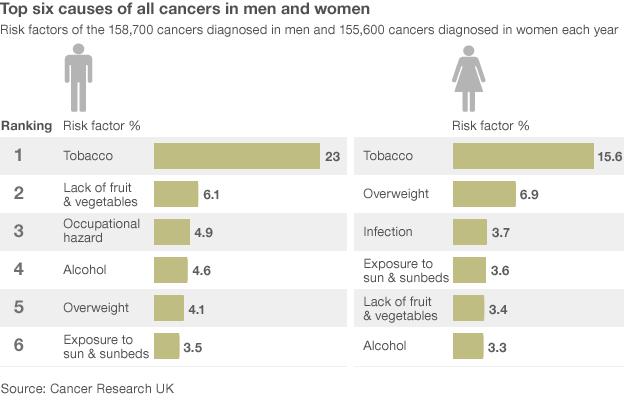If you ask Muslims why they do not drink alcohol, they may cite two reasons.
Firstly, there is the religious answer that the Holy Quran, which Muslims believe to be the verbatim word of Allah, tells them not to consume alcohol.
“O ye who believe! Intoxicants and gambling, (dedication of) stones, and (divination by) arrows, are an abomination, of Satan’s handwork: avoid such (abomination), that ye may prosper.” (Quran Al Maidah 5:90).
Similar prohibitions are found in the Bible.
Then the Lord said to Aaron, “You and your sons are not to drink wine or other fermented drink whenever you go into the Tent of Meeting, or you will die. This is a lasting ordinance for the generations to come.” (Leviticus 10:8-9).
Secondly, there is the scientific fact that alcohol is bad for health.
In an article entitled, ‘What damage does alcohol do to our bodies?’ BBC News reported that the long-term effects of drinking include increased risk of breast cancer, oral cancers, heart disease, strokes, cirrhosis of the liver and reduced fertility, as well as psychological conditions including mental health and impaired memory skills.
The word, alcohol appeared in English in the 16th century, coming from French and medical Latin, ultimately from the Arabic ‘al kuhl.’
Health Risks
A study published in the British Journal of Cancer in December 2011 estimated that alcohol consumption causes around 12,500 cancer cases in UK each year. It increases the risk of oral, laryngeal (throat), oesophageal (food passage), and breast, bowel and liver cancer.
A person drinking 100 grams per day is exposed to four-to six-fold-increased risk of these cancers compared to light or non-drinkers.
The risk of breast cancer increases by approximately 7-12% for every additional consumption of 10 grams of alcohol every day. Increasing alcohol intake by 100 grams per week raises the risk of bowl cancer by 19%.
These are long-term effects.
It takes up to 16 years for the risk of these cancers in a former drinker to fall to the level of someone who has never consumed alcohol.
The precise ingredient in alcohol that has these effects is debatable; however, acetaldehyde, the primary metabolite of alcohol, has been shown to alter DNA, causing cell proliferation.
Heart Diseases
Heavy drinking, particularly over time, can lead to high blood pressure, alcoholic cardiomyopathy (weakening of the muscles of the heart), congestive heart failure and stroke.
Alcohol contains a high rate of calories and heavy drinking puts more fat into the body.
Dr Nick Sheron of the Liver Unit at the Southampton General Hospital (UK), said that over the past 30 years, deaths from liver disease have increased by 500%, with 85% of these caused by alcohol.
Pregnancy Studies on fertility suggest that even light drinking can make women less likely to conceive, while heavy drinking in men can lower sperm quality and quantity.
Dr K J Patel of the Medical Research Council laboratory of Molecular Biology found that even a single binge-drinking dose of alcohol during pregnancy may be sufficient to cause permanent damage to the foetus including head and facial abnormalities and mental disabilities.
A disturbing article in the New Zealand Herald (December 11, 2011) reported the 13-week premature birth of a baby that weighed 907 grams (compared to 3500 grams, which is the average weight of a full-term Kiwi baby. The (unmarried teenage) mother had been drinking ‘kahlua’ (an alcoholic coffee liqueur) and coke at her 18th birthday celebrations the night before.
The midwife described the baby’s premature birth as a miracle but said it could have been avoided if the mother had not been drinking.

Source: Rocket Science, Newsletter of Mt Albert Islamic Centre, Auckland.




